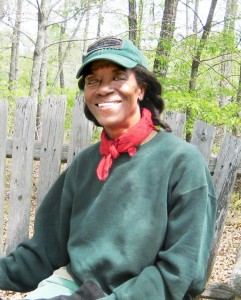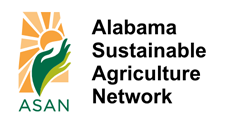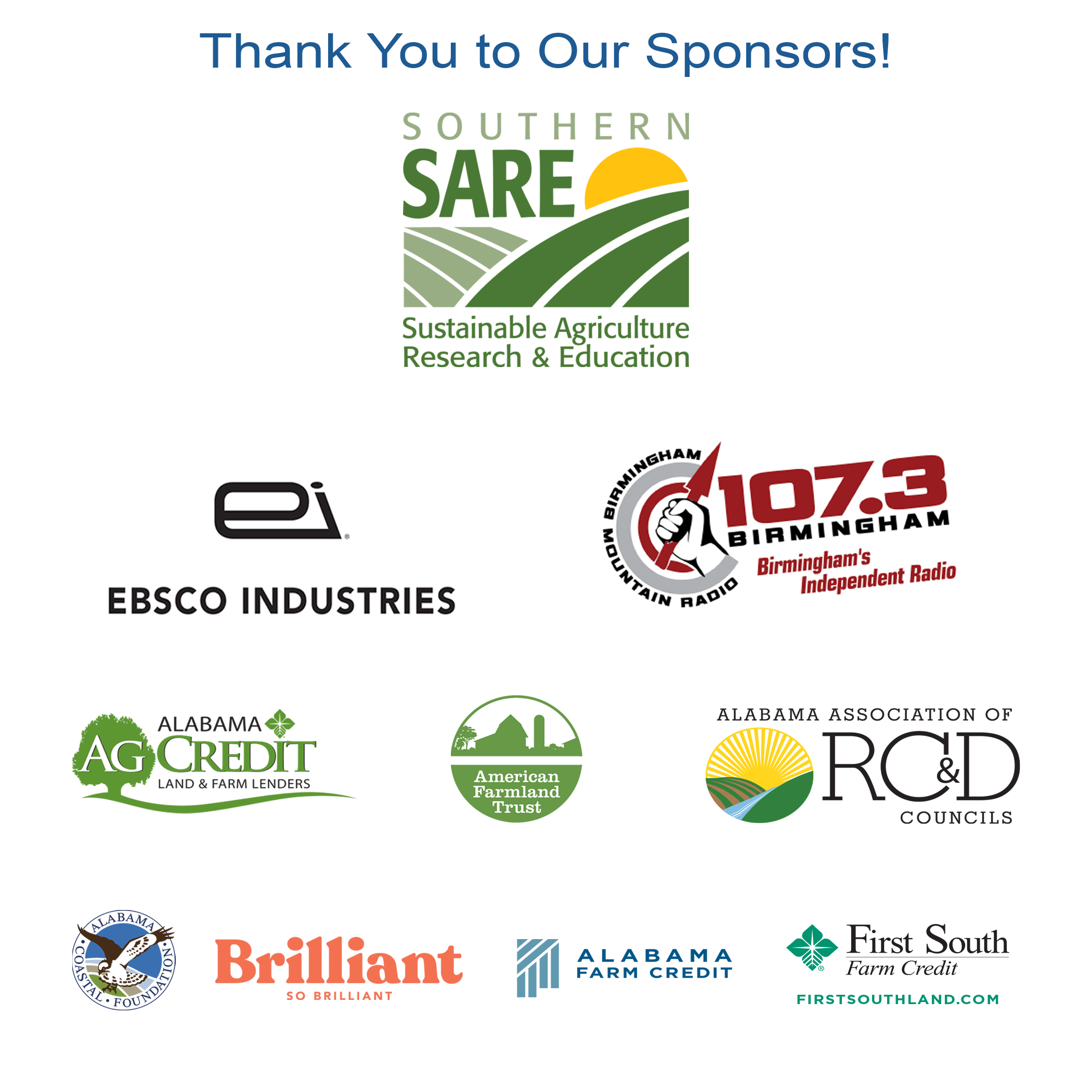 By Fay Garner, Public Affairs Specialist, NRCS, Auburn, AL
By Fay Garner, Public Affairs Specialist, NRCS, Auburn, AL
Sandra Simone is a Limited Resource Farmer in rural Talladega County, Alabama. She was one of the first four farmers in the state to become Certified Organic through a project with the Southeastern African American Farmers Network (SAAFON). She owns and operates approximately 100 acres located in Alpine called Huckleberry Hills Farm, named so because of the numerous volunteer huckleberries that grow on her property.
Simone has worked closely with the Natural Resources Conservation Service (NRCS), Talladega Soil and Water Conservation District (SWCD), and Coosa Valley Resource Conservation and Development staff for some time. She has received financial assistance for plasticulture with micro-irrigation, fencing, water troughs, and pipelines through the Environmental Quality Incentives Program (EQIP) to address her resource concerns and conservation needs.
Her primary crops are a variety of vegetables and fruits. She also raises meat goats, hosts farm tours, mentors youth about farming, and serves as a consultant for other gardening groups. Simone held a demonstration tour to highlight a solar energy system installed through an NRCS Conservation Innovation Grant (CIG) to the Alabama Sustainable Agriculture Network (ASAN), partnering with the Sustainable Rural Regenerative Enterprises for Families (SURREF). The system allows her to use an established well to pump water to fill tanks to use for micro-irrigation and to water her meat goat herd.
Simone had no electricity on the portion of land across the road from her homestead. She had an established well but used an electric generator to pump the water for her goats. Commercial power to pump water was not affordable because the property had no dwelling. She would not even consider city water because she wanted to keep the farm as natural as possible. “Through the CIG grant, I became a demonstration farm for the solar energy project,” Sandra said. “I am able to pump enough water from my well to fill two 1,500 gallon tanks to micro-irrigate about an acre of crops using plasticulture and to water my goats.”
NRCS State Conservationist William Puckett said, “Ms. Simone is pioneering the way for other farmers in Alabama to use solar panels for renewable energy production.” CIG-funded projects use innovative technologies and approaches to address natural resources issues. Agricultural producers volunteer to participate in the program because they want to do something on behalf of conservation.”
Simone is also realizing one of her ultimate goals — helping children learn about farming. During the summer she conducts an entrepreneurial program for youth 8-13 years of age to plant, cultivate and harvest watermelons. Each child cultivates a row of watermelons in plasticulture and each is responsible for the business of growing and marketing their product. There is no charge to the youth; and they keep what they earn. “It was a good way for the kids to learn about farming hands-on,” Simone said. “They are so enthusiastic about doing it. They learn about composting, organics, marketing, business planning, and all kinds of agricultural things during the process. It was a joy to watch them and how they began to work together as a team and to take pride in what they were doing.” She also takes the opportunity to introduce the youth to nutritious foods by providing fresh snacks from the fruits and vegetables grown on the farm.
Simone is a SAAFON board member and has been selected as a delegate to attend the Slow Foods International Food Conference in Turin, Italy.


